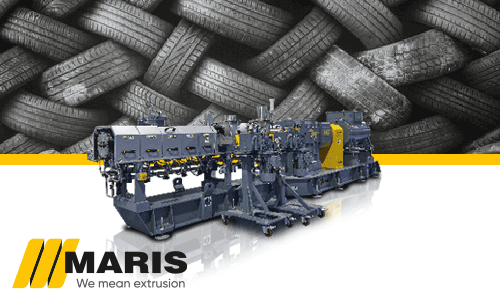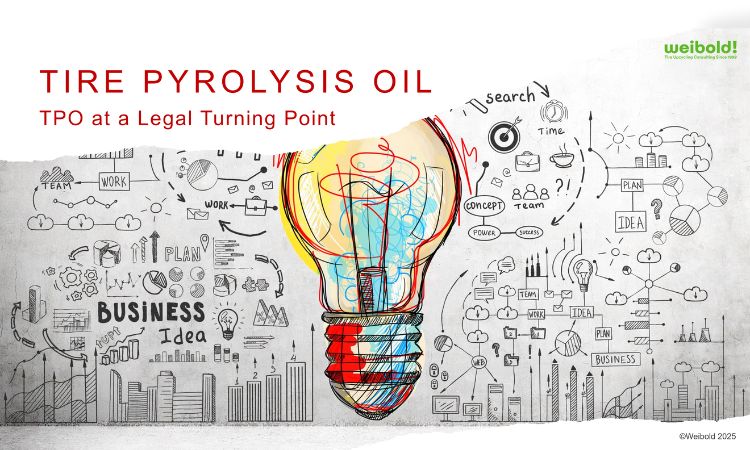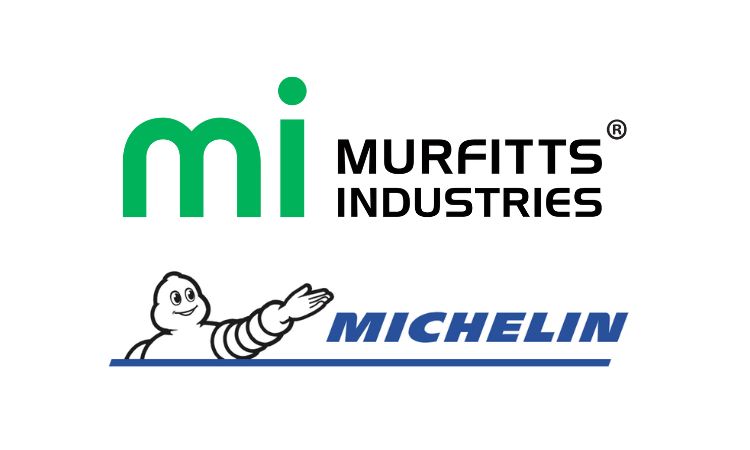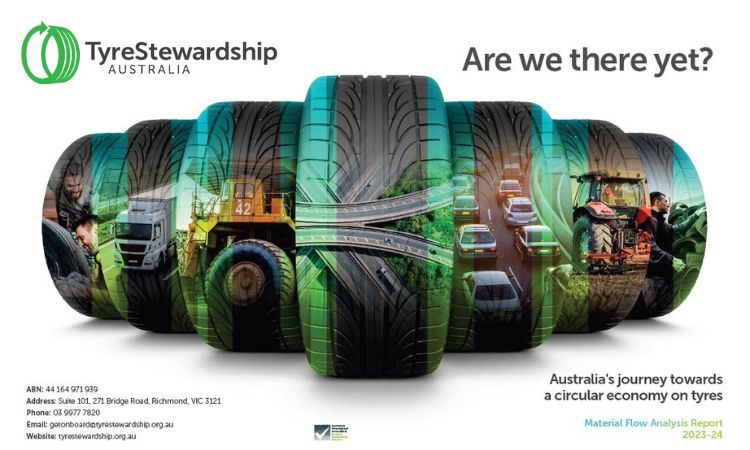Estonia backs use of tire pyrolysis in production of fuel oil
The Estonian parliament’s environmental committee has made a proposal to amend the Industrial Emissions Act to allow the production of shale-derived fuel oil from tire chips. The committee said the amendment would enable to avoid old tires ending up at makeshift dumpsites in the future.
The chairman of the committee, Rainer Vakra, said the committee decided to support a proposal of the Ministry of the Environment to amend the Alcohol, Tobacco, Fuel and Electricity Excise Duty Act to define shale-derived fuel oil as fuel of whose mass chipped tires can make up as much as 30 percent.
“By amending the law, we will reduce the use of oil shale and will to a big extent solve also the problem of recycling of old tires,” Vakra said. He described each step which helps to reduce the mining of oil shale and gives a boost to recycling the thousands of tons of old tires currently scattered in the nature across Estonia as essential.
Vakra said that in using tire chips for the production of shale-derived fuel oil seven times less ashes is produced and 3-4 times more oil produced than when using oil shale. Besides, several fires have taken place in Estonia as a result of the illegal dumping of old tires which have caused extensive air and ground pollution.
Kalle Palling, deputy chairman of the committee, said that there is no alternative at present when it comes to solving this longstanding problem. To date, shale-derived fuel oil has been defined as fuel oil which must be produced 100 percent from oil shale.
The bill also specifies several provisions of existing law and eliminates inconsistencies with EU law highlighted by the European Commission, which are mainly technical in nature. The environmental committee decided to pass on the government-initiated bill to amend the Industrial Emissions Act to the chamber with a view to concluding its second reading on February 13. The Estonian state-owned energy group Eesti Energia began tests of adding tire chips in industrial amounts to oil shale at its older Enefit180 plant in 2016. Tests were carried out also at the newer Enefit280 plant by adding tire chips to oil shale to the extent of 2 to 8 percent, both cleared of metal particles and with them.
The energy content of tire chips, 35 megajoule per kilogram, is three times higher than that of oil shale.
“We made tests where we mixed tire chips with oil shale. The process of pyrolysis with a chip content of 4 to 8 percent works very well and the quality of oil will not change,” Veljo Aleksandrov, project manager at Eesti Energia, has earlier said.
If such a percentage of tire chips was used, a single Enefit plant of Eesti Energia would consume approximately 100,000 tons or old tires per year, compared with approximately 12,000 tons that is decommissioned in the country annually.
Eesti Energia also tried to use old tires for the production of oil in the 1990s, but that attempt was discontinued mainly due to technological reasons.
Article by The Baltic Times.
Weibold is an international consulting company specializing exclusively in end-of-life tire recycling and pyrolysis. Since 1999, we have helped companies grow and build profitable businesses.











